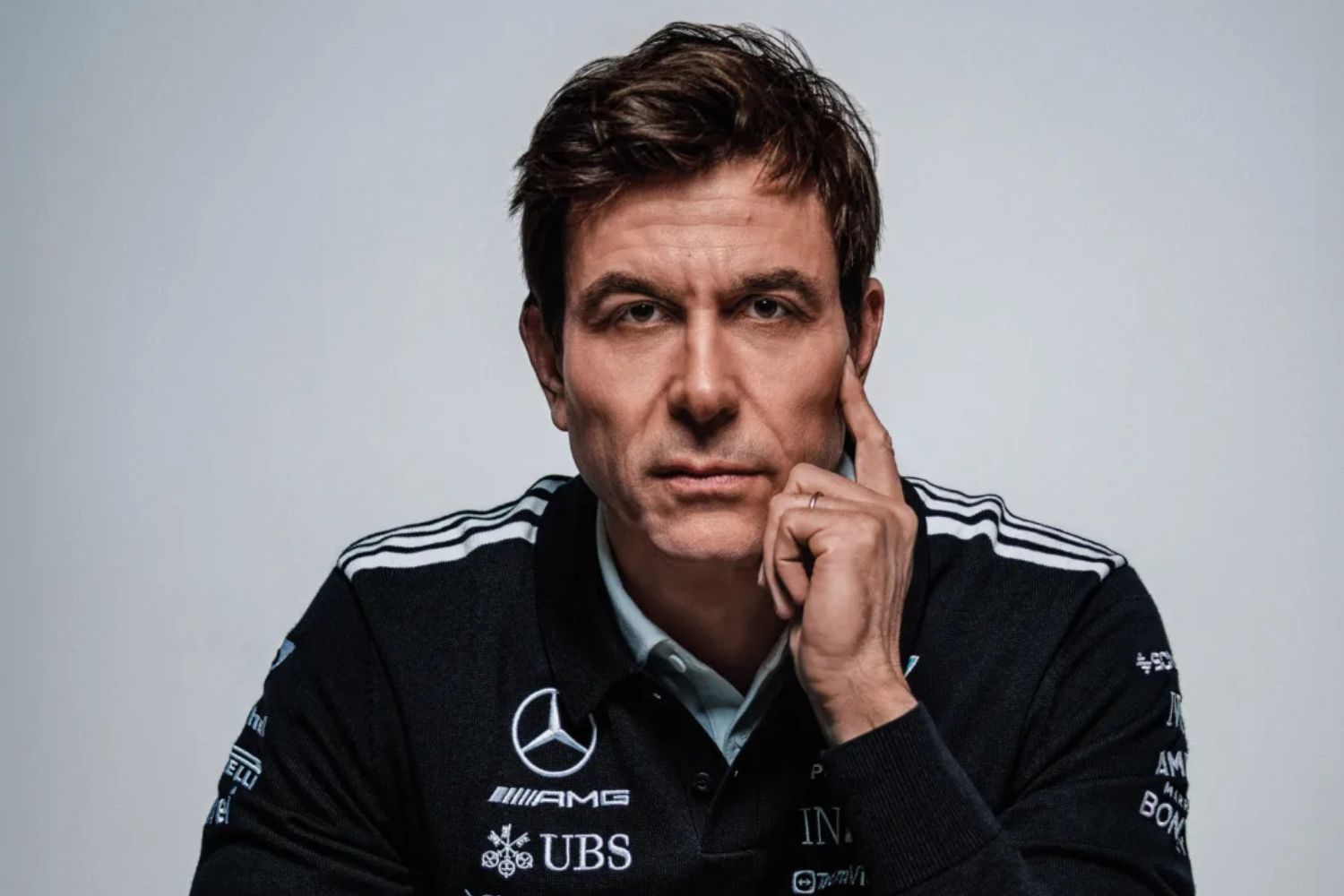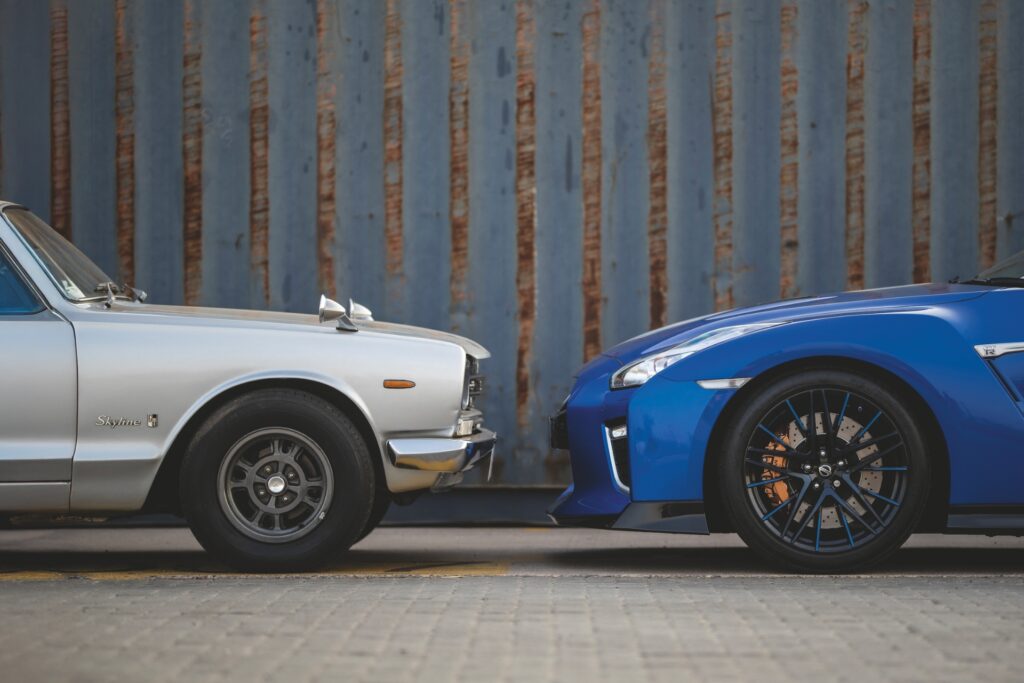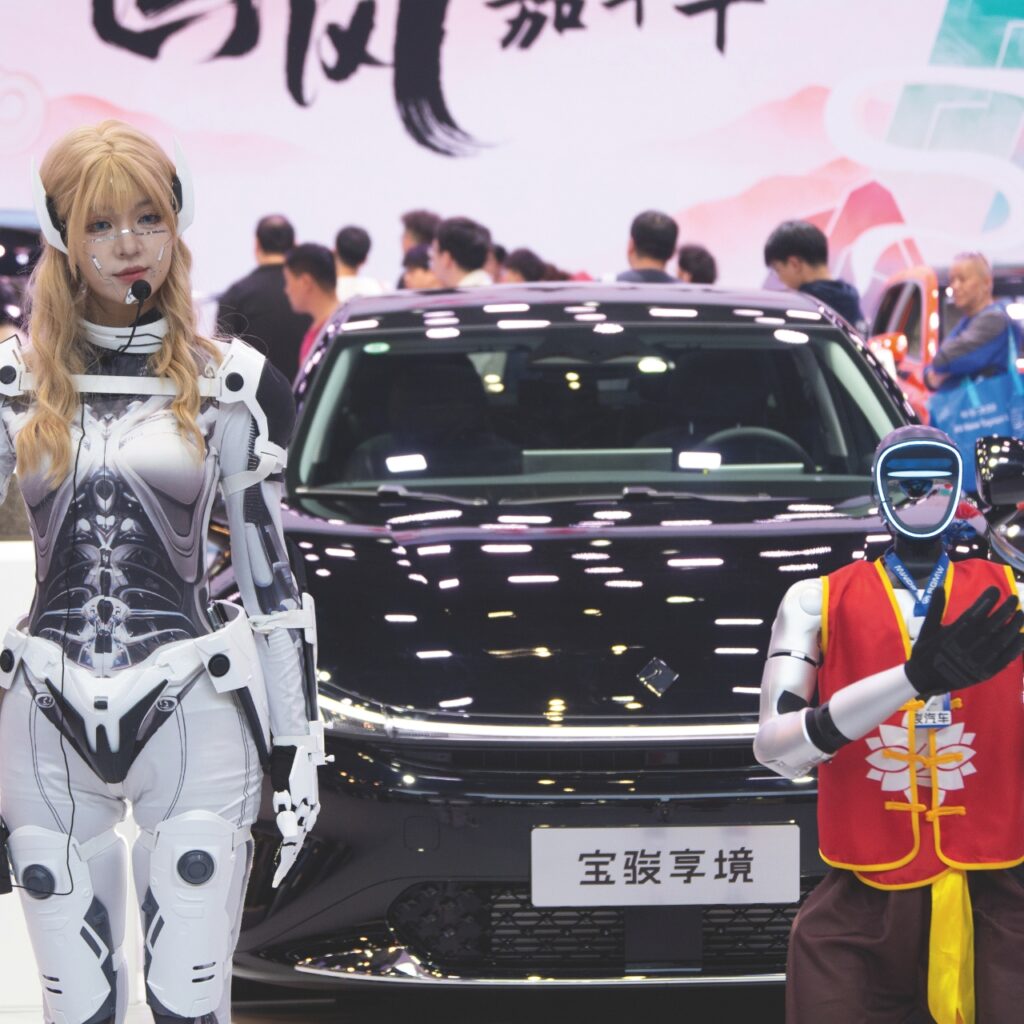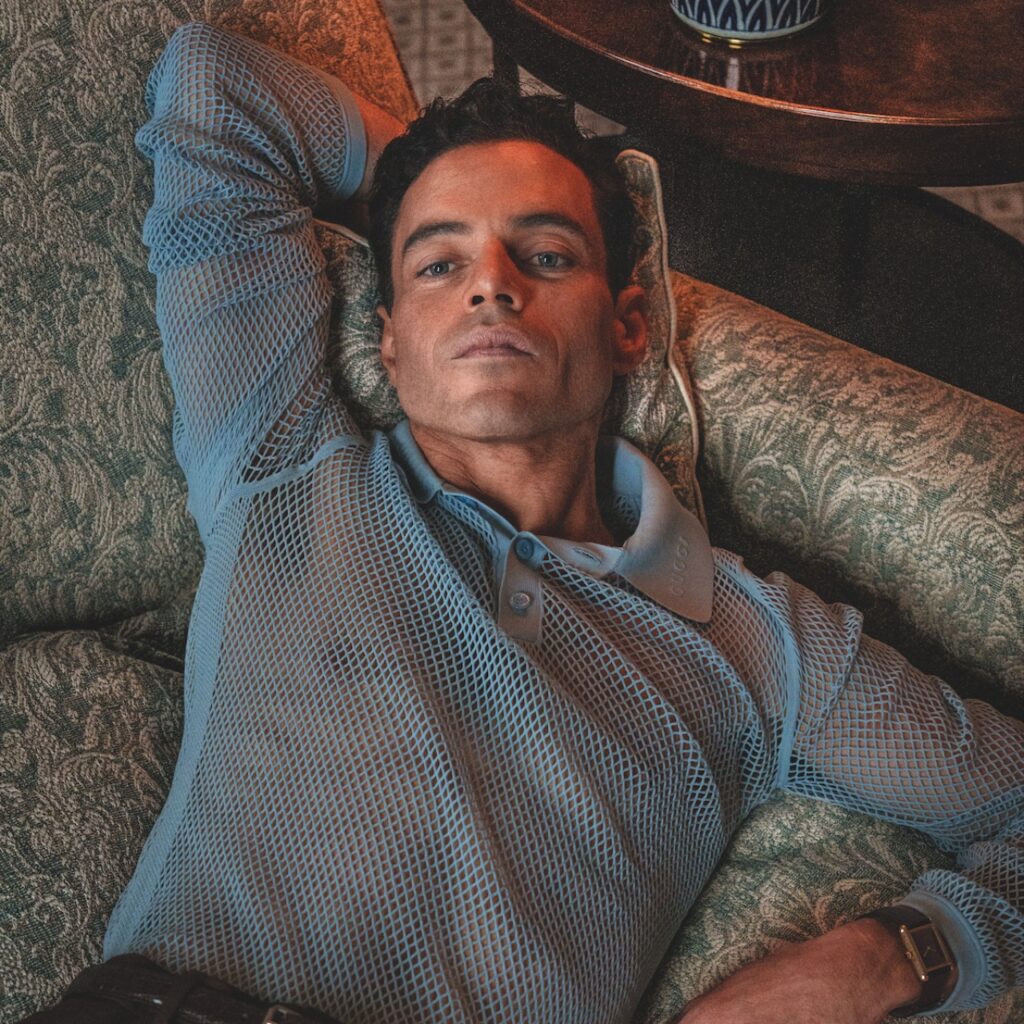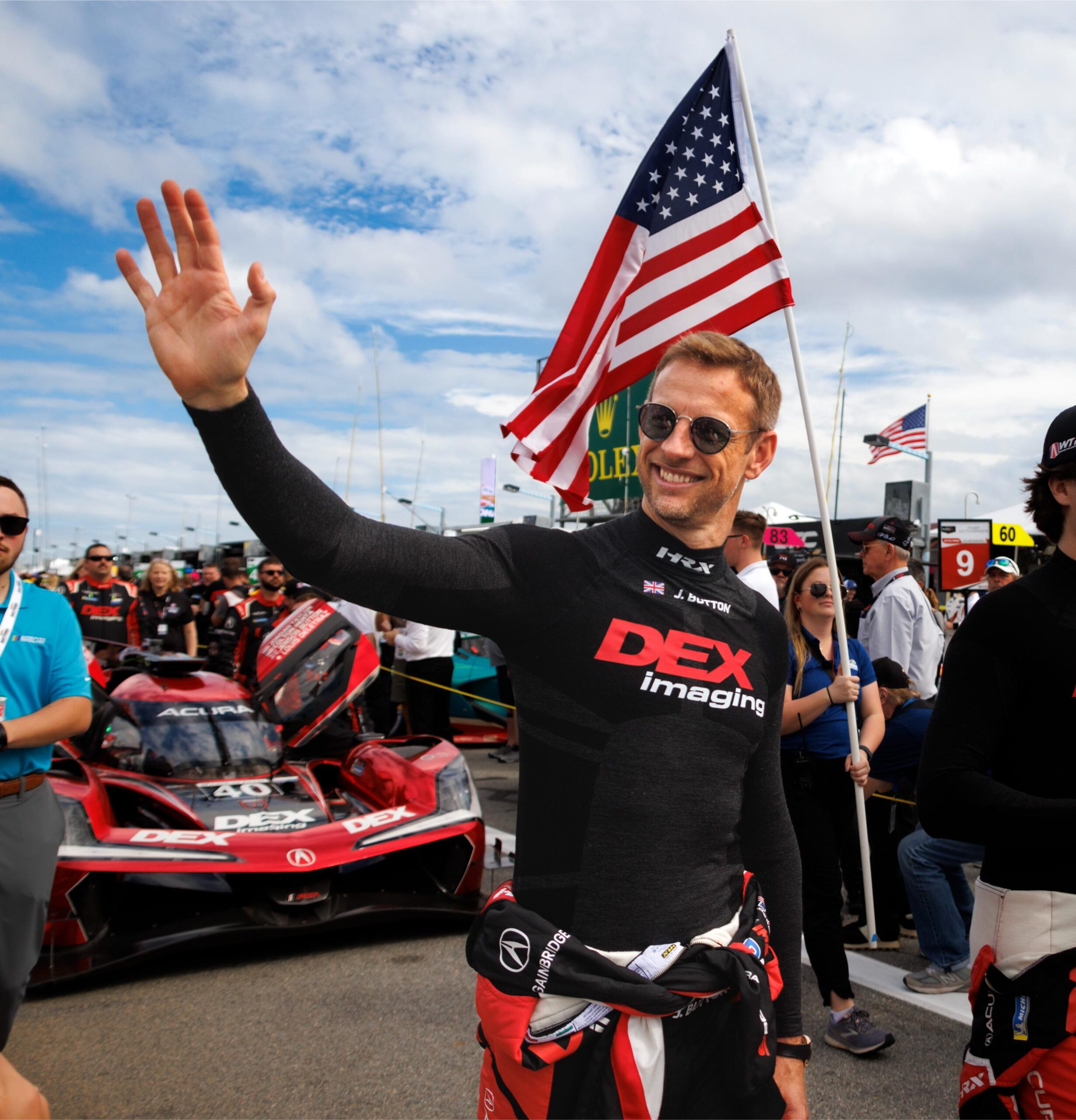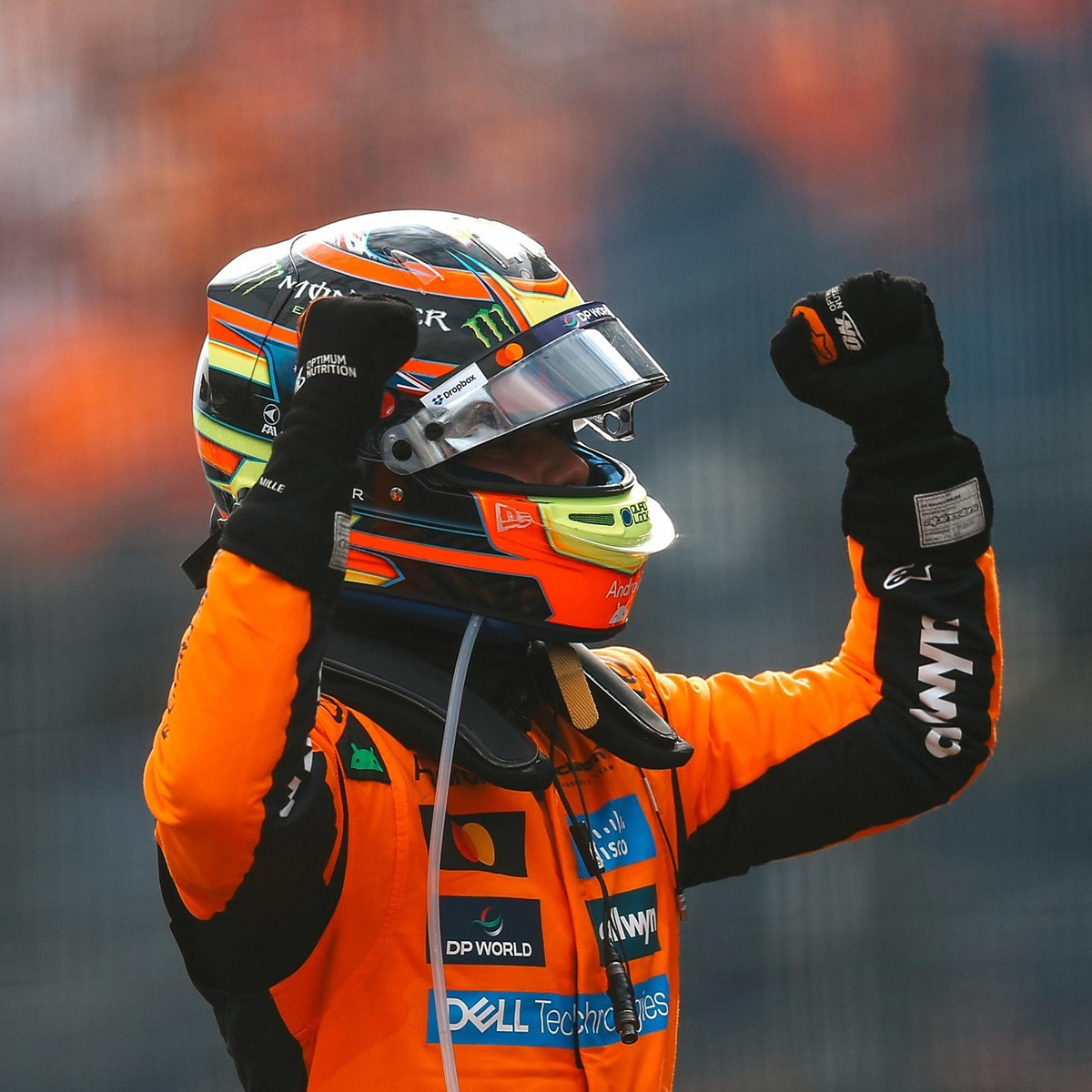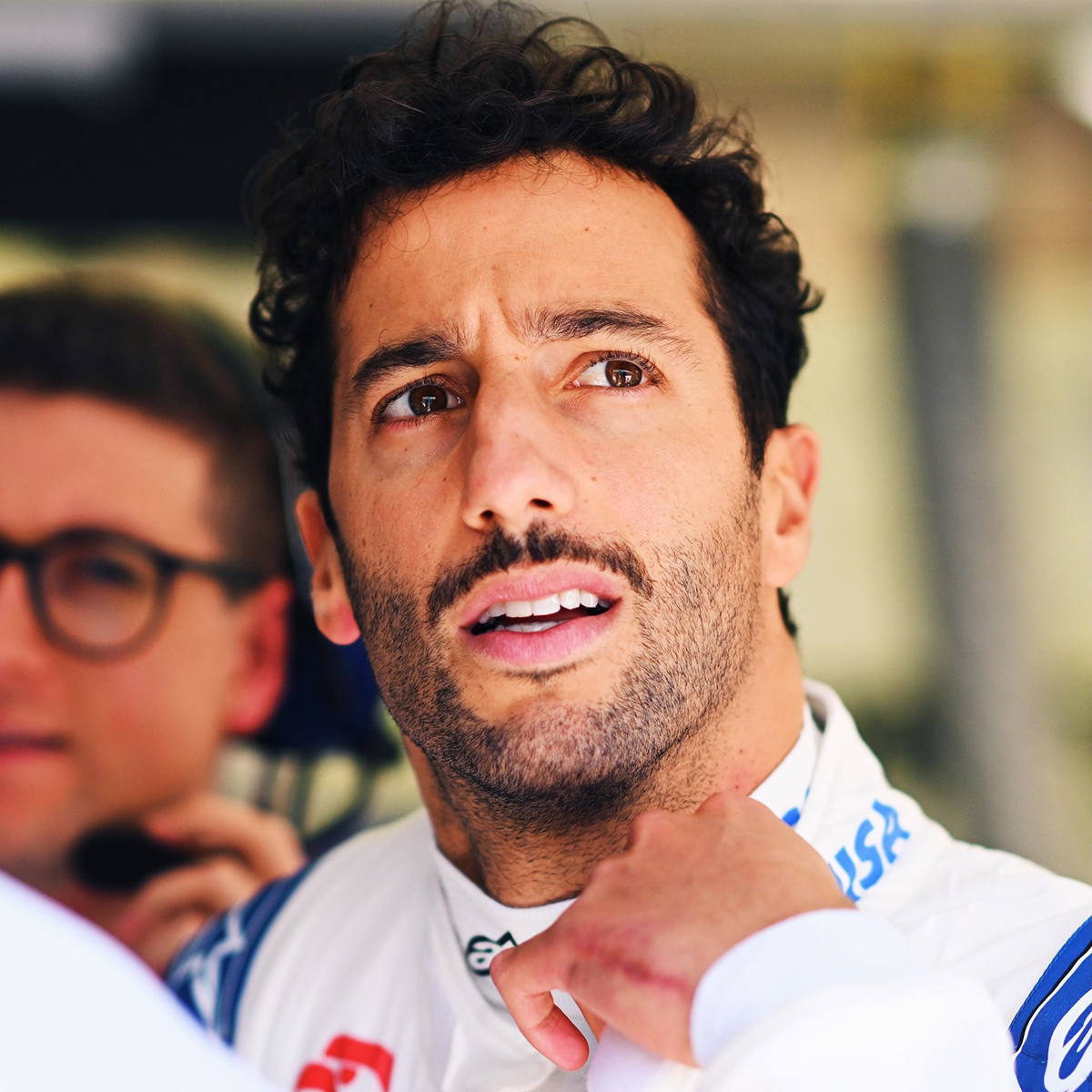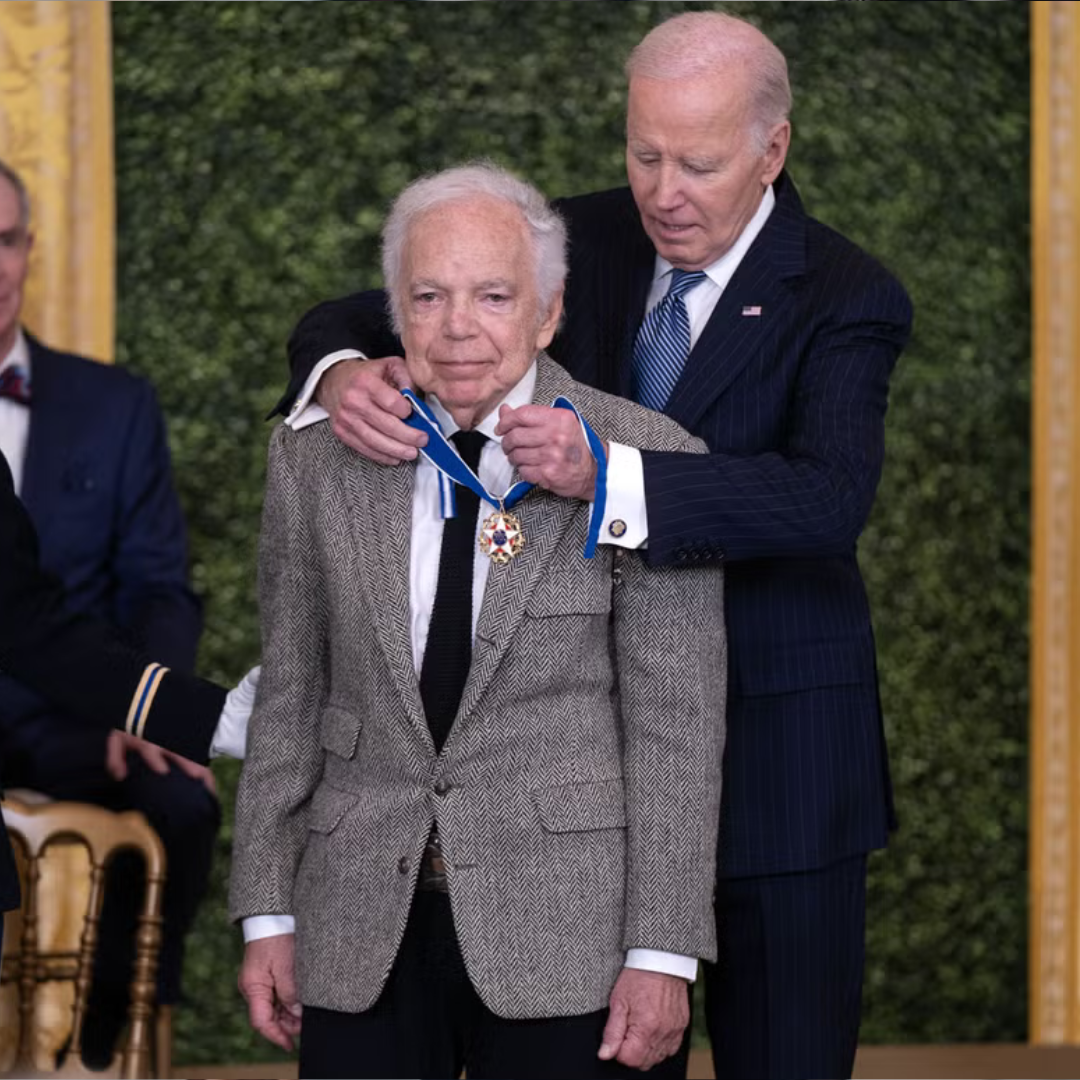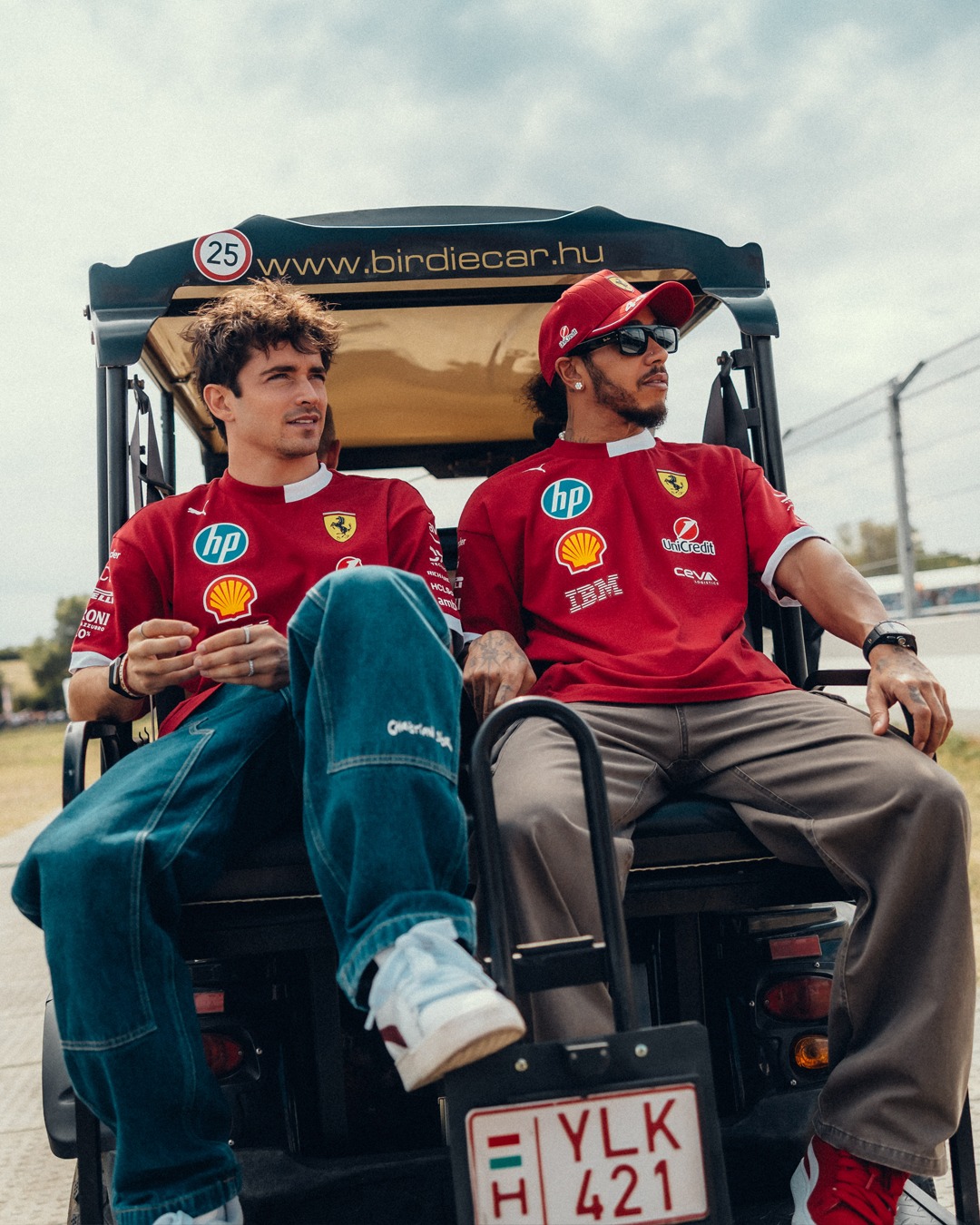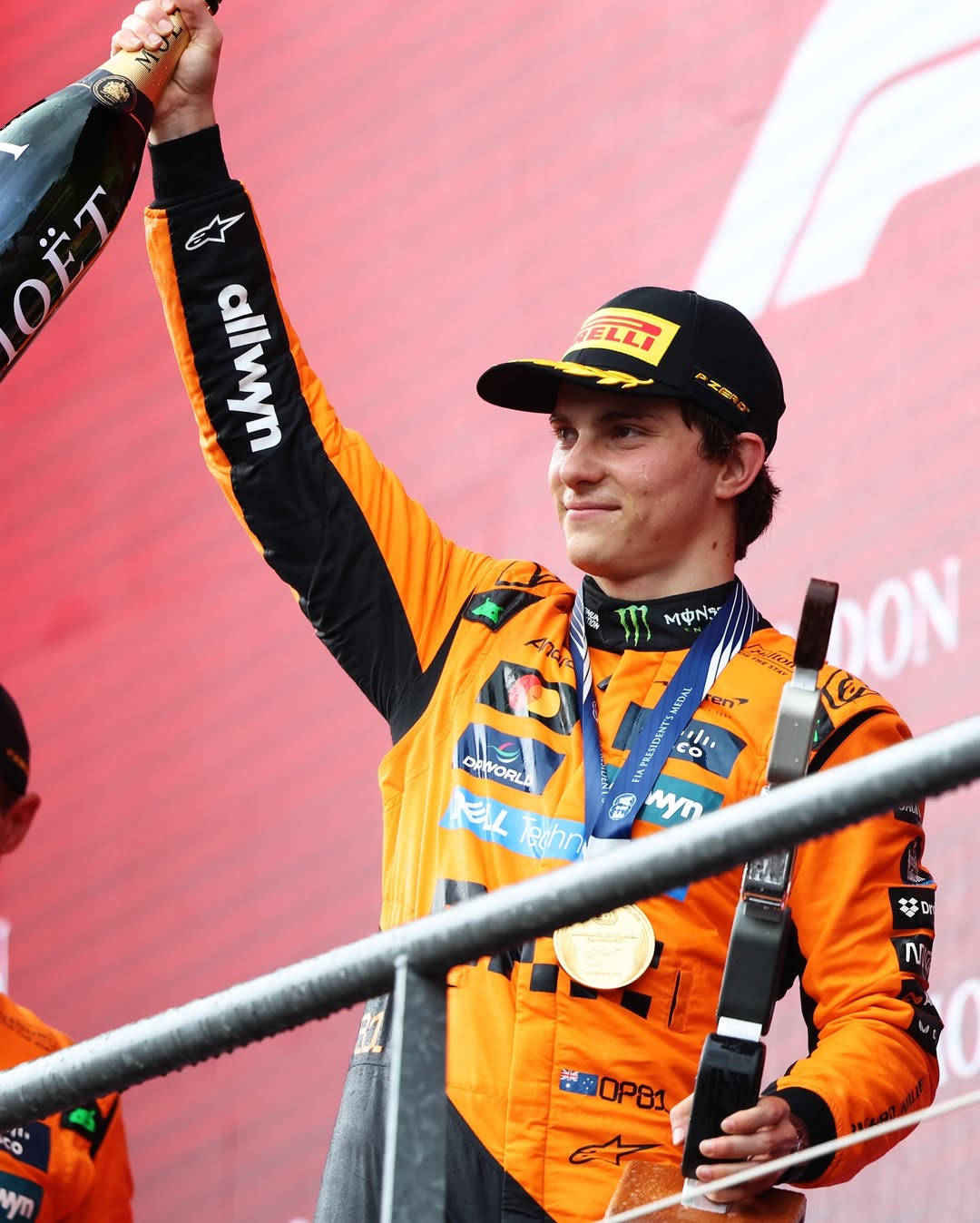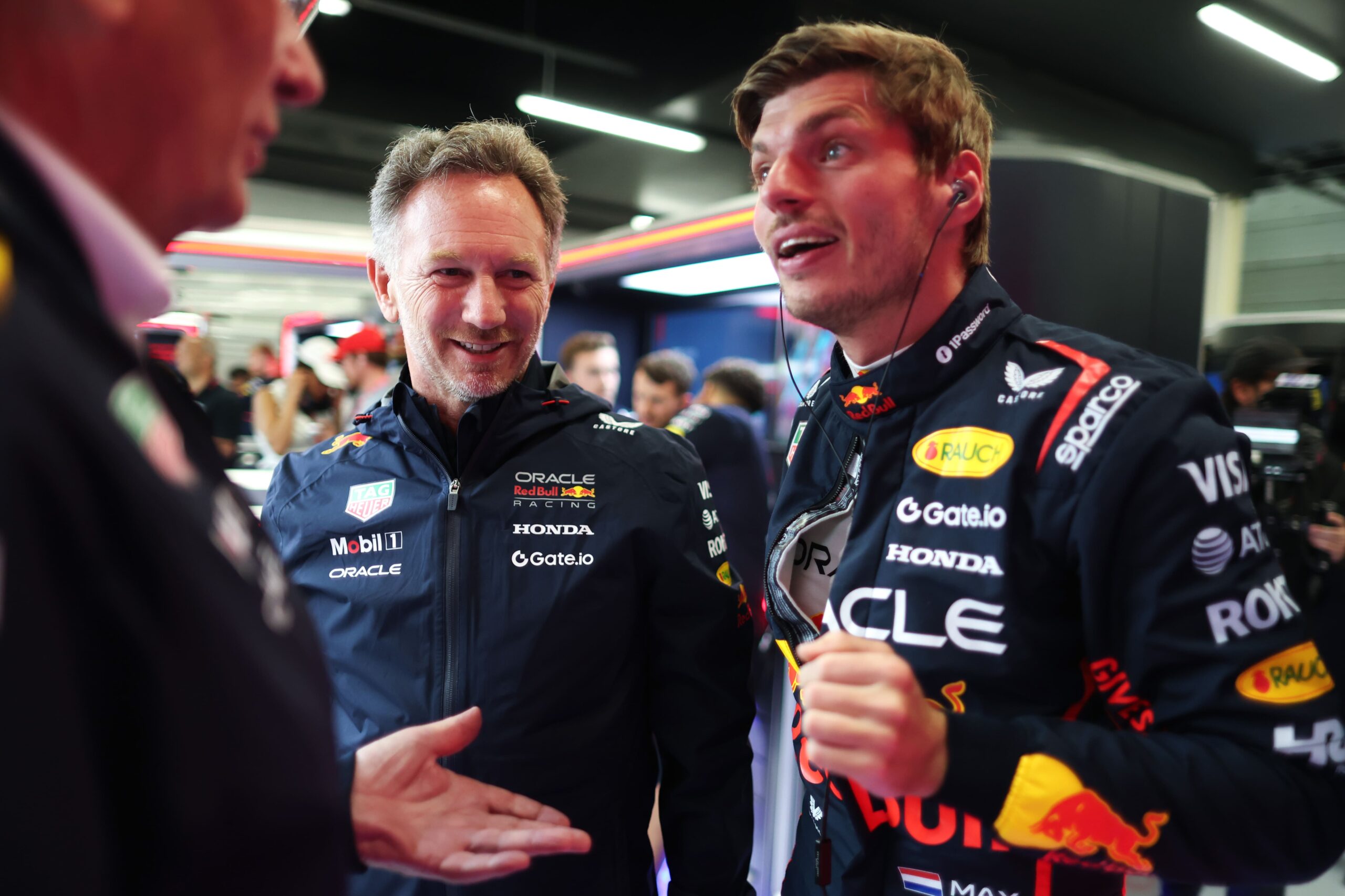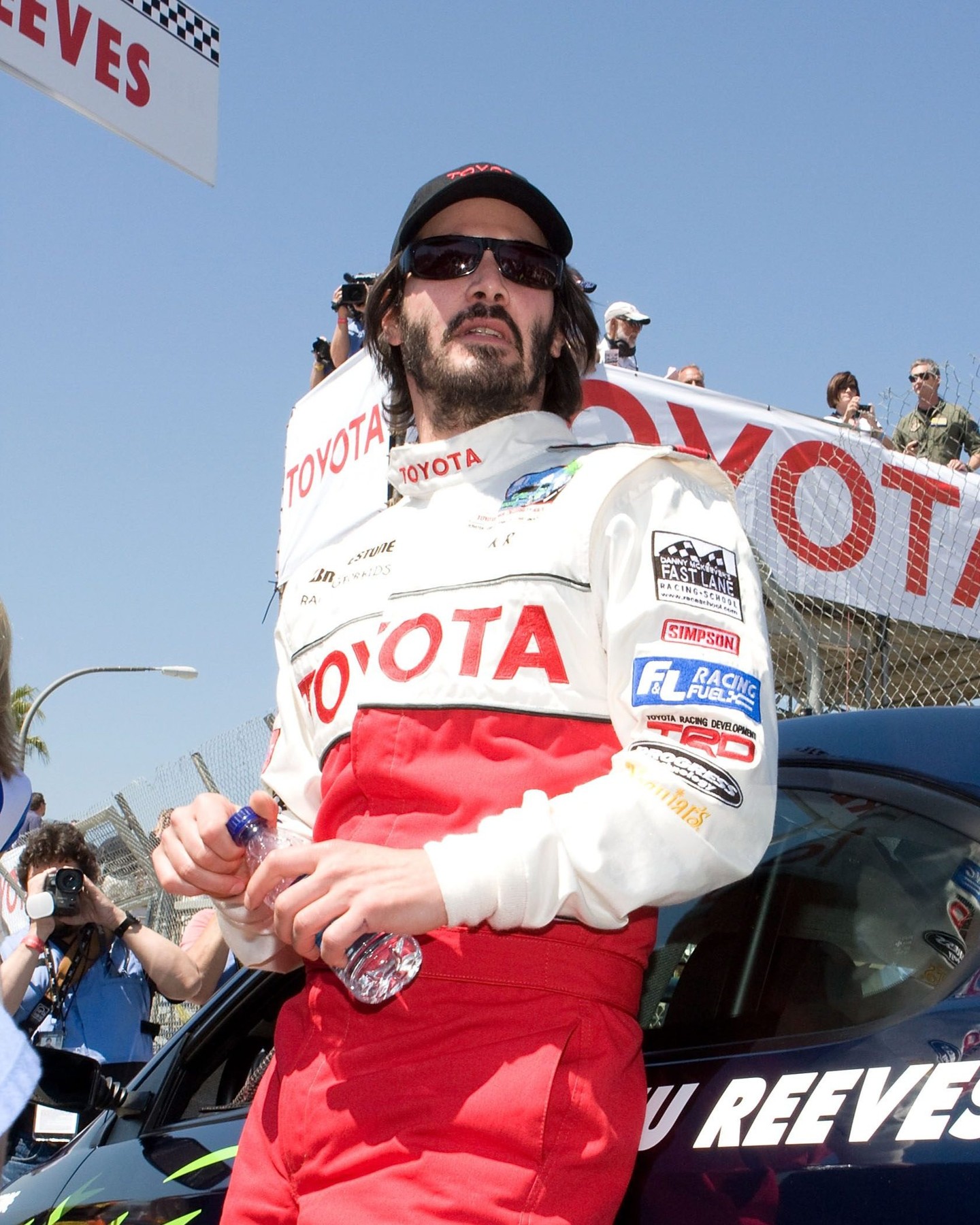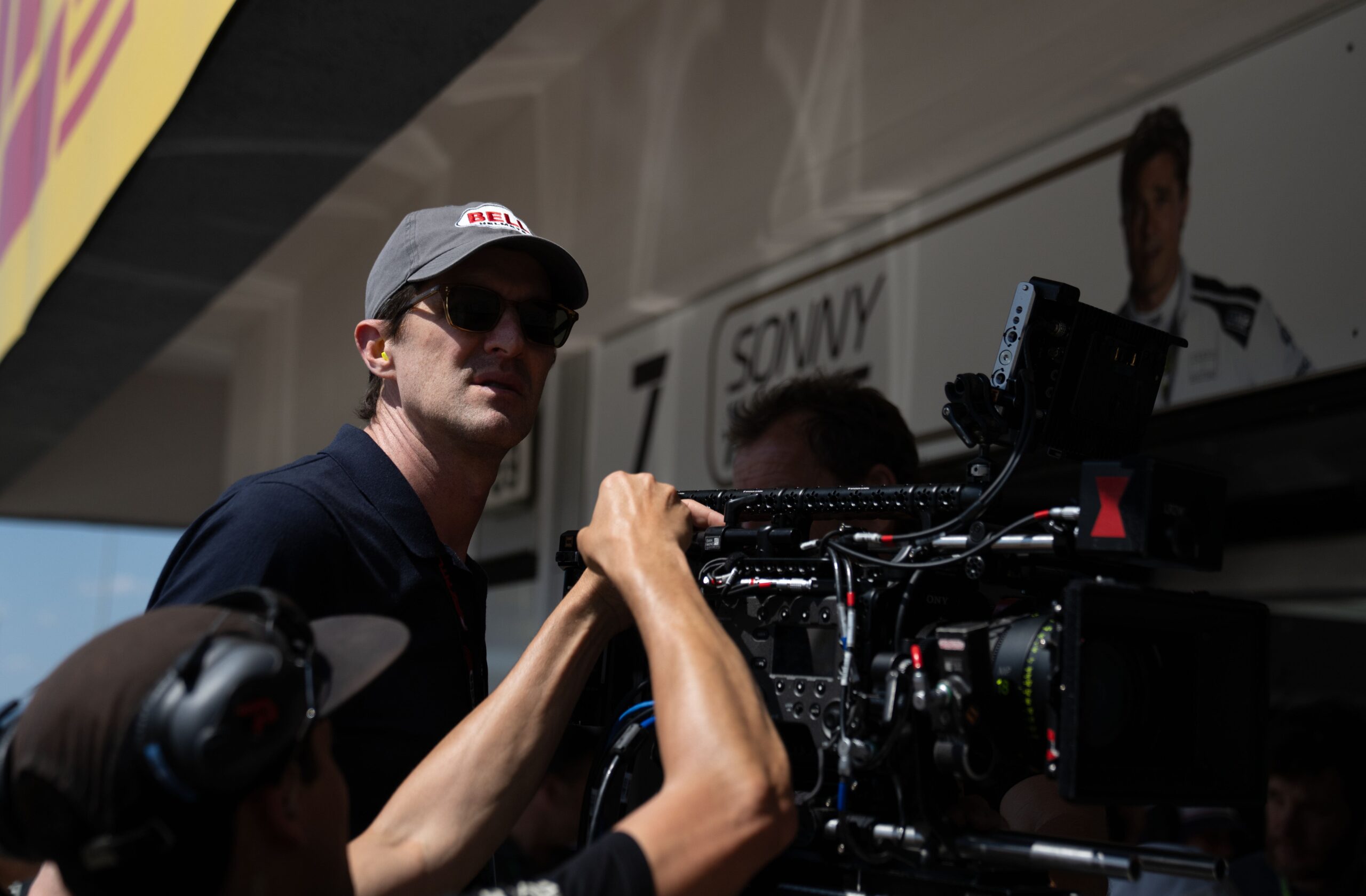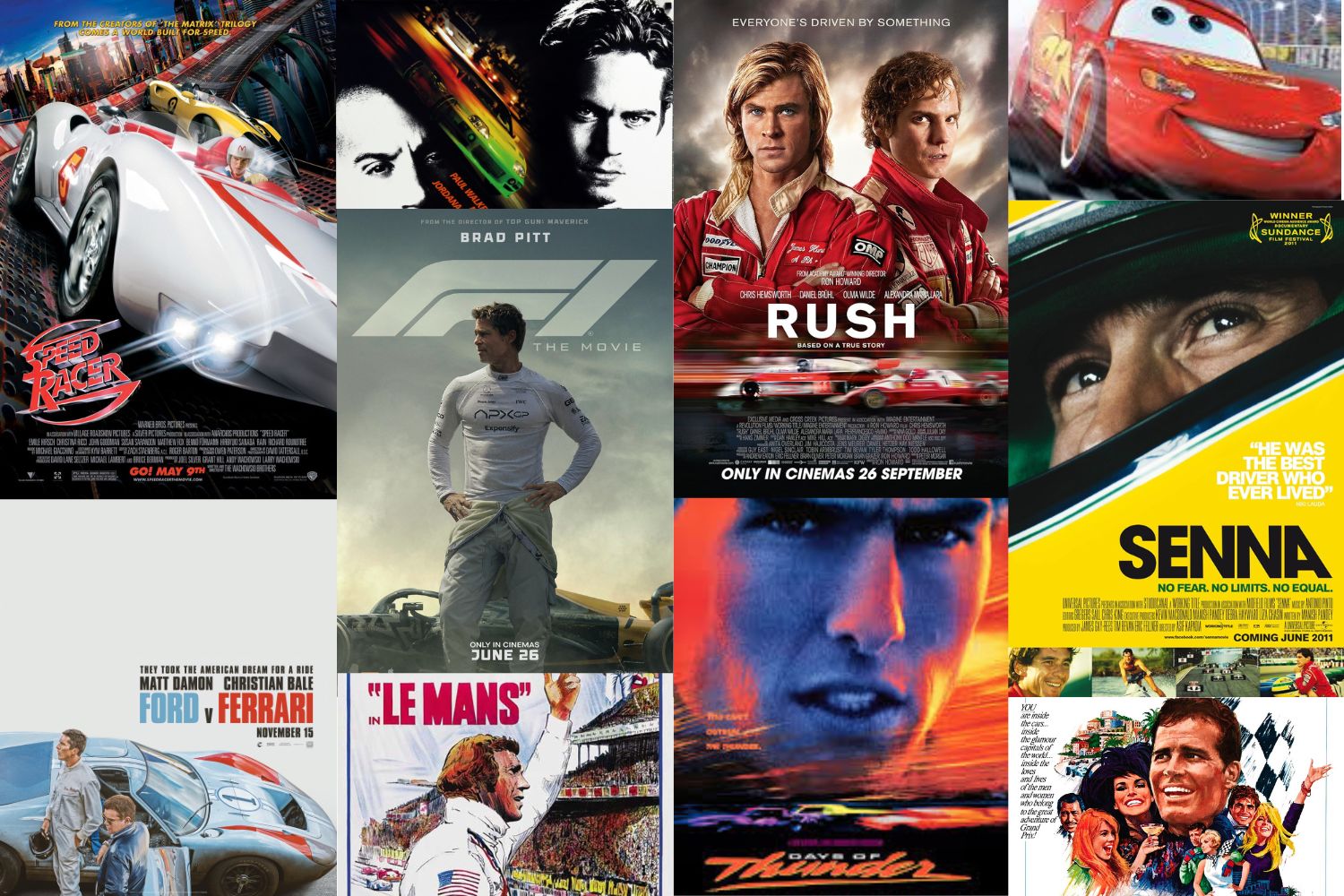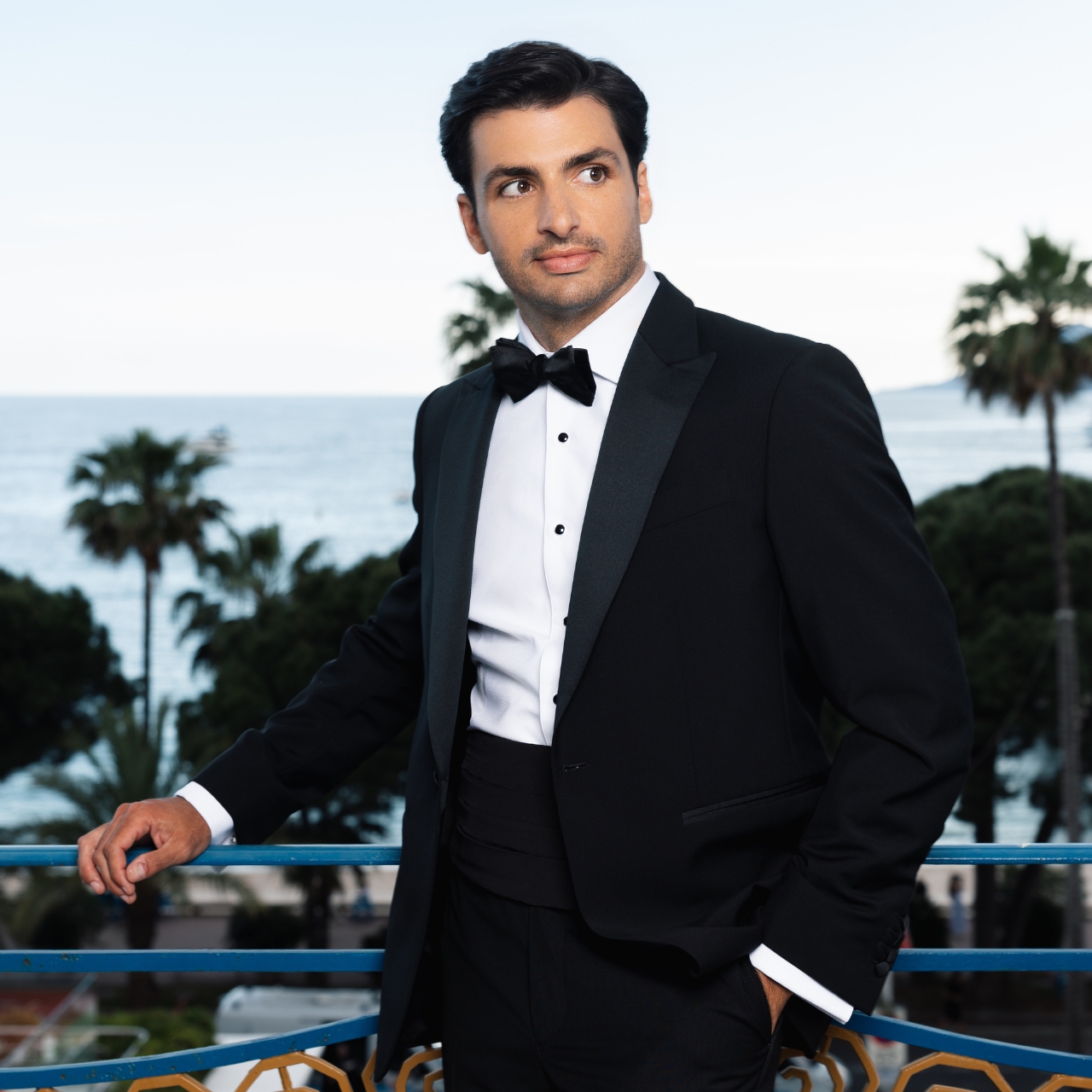WITH TOTO WOLFF, every minute counts. When you run one of the most formidable teams in Formula 1 history, time is a luxury you simply don’t have.
And so, when we were invited to the Adidas headquarters in Herzogenaurach, Germany for the highly anticipated reveal of the brand’s new partnership with Mercedes-AMG Petronas Formula 1 Team, it became clear that our window with Wolff would be brief. Four minutes. That’s all we had. Four minutes to step into his world, to glimpse the man behind the precision, and to understand the shifting tides of a team recalibrating itself in the wake of Lewis Hamilton’s recent departure.
Yet, four minutes with Toto Wolff is enough to grasp what makes him a singular force in motorsport. His presence is magnetic, commanding without being overbearing. When he speaks, it’s with the conviction of someone who has built something unshakeable, yet he remains acutely aware of the fragility of success.
From the moment he arrived on set, every detail was calculated – on time, precise and fully engaged. There was an intensity in his presence, the kind that might lead one to assume he was unapproachable. But the reality was quite the opposite. Despite his towering stature and the sharp focus in his eyes, his aura was inviting, his demeanour disarmingly easy-going. He was attentive and fully present. There was no need for small talk – just a mutual understanding that every second mattered, both on and off the track.
“It’s always exciting embarking on a new season,” he says, exuding the same excitement he’s carried since taking the reins at Mercedes over a decade ago. “It hasn’t changed since 2012. You don’t really know what to expect, how the car is going to perform.” The unknowns are what drive him, a perpetual chase for that extra tenth of a second, that marginal gain that keeps Mercedes at the forefront of Formula 1.
But people tend to look at Wolff as the man who always has the answers. He’s built a dynasty, orchestrated record-breaking wins, and made some of the sport’s biggest decisions. Yet, the current moment feels different. There are changes at every level, and for once, it’s uncertain whether Wolff has the answer – at least, not yet. Even he acknowledges the complexity.
“I think in my role, I need to be a little bit of everything. I need to be the boss, I need to be the father, I need to be the brother, the psychologist, the therapist,” he says, only half-jokingly. “But in the end, it’s about giving them the right frame –
work so they can best perform.”
Managing a Formula 1 team, it seems, is not so different from raising kids.
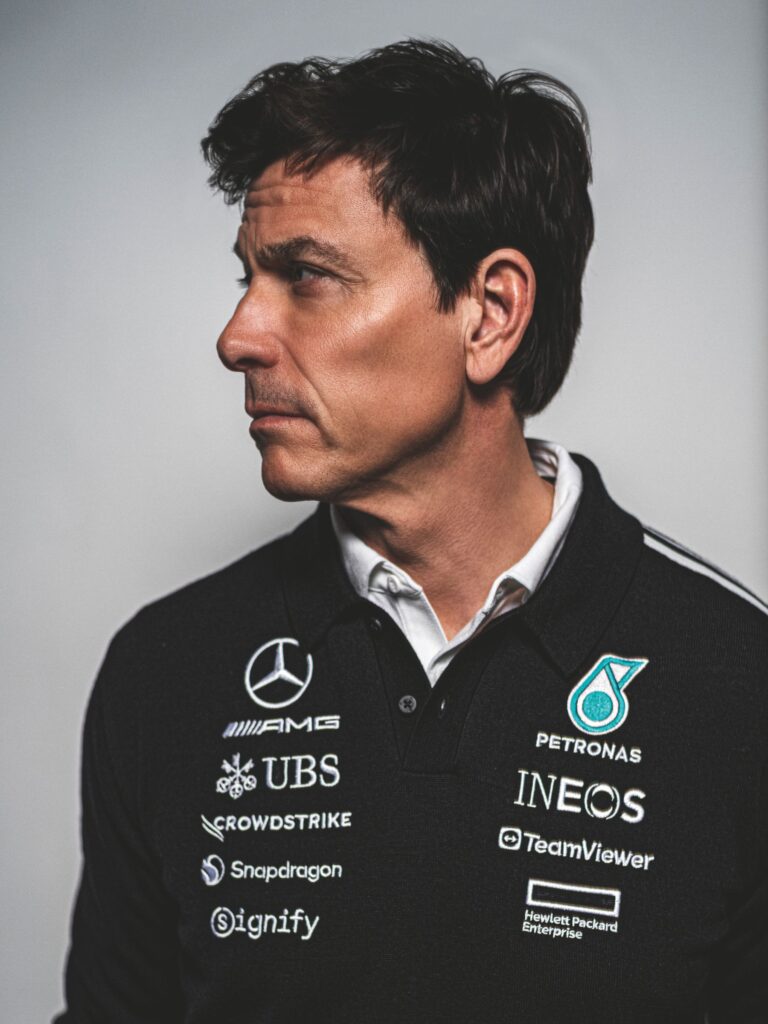
After much waiting, the new season is here. From Australia, the teams travelled to China and Japan, before stopping off in one of F1’s biggest emerging markets: the Middle East.
The fourth and fifth races of the season took place in Bahrain and Jeddah, Saudi Arabia, with the 2025 championship concluding in December under the bright lights of Abu Dhabi’s Yas Marina Circuit. It’s a fitting reflection of how deeply ingrained motorsport has become in the region. Once viewed primarily as a glamorous event, Formula 1 has evolved into a deeply rooted sporting culture across the Middle East.
“Bahrain was a trailblazer,” Wolff says. “It put the Middle East on the sports map, and now with Qatar, Abu Dhabi, and Saudi, the footprint has become incredibly strong.”
Michael Batz, GM of Adidas Motorsport, has also observed this shift first hand. “The eagerness to get behind Formula 1 in the region has been incredible,” he says. “I was in Abu Dhabi last year and saw the energy of the crowd, the engagement, the sheer thrill of it all. The fans here are getting younger, more knowledgeable, and more invested in the sport.”
The transformation is undeniable – no longer just about concerts and VIP after-parties, Middle Eastern race weekends now feature some of the most dedicated fans in the world, eager to see their favourite teams battle it out on track.
The decision to replace Hamilton with 18-year-old rookie Kimi Antonelli was another defining moment for Wolff, but it wasn’t a struggle.
On The High Performance Podcast in November last year, he admitted that decision making comes naturally to him. “I don’t struggle to make decisions,” he said. “There’s a distinctive response I have with myself, and I trust it. That’s why Kimi was given this opportunity.” That clarity has been a hallmark of his leadership. Yet, even as he backs Antonelli, he knows expectations need to be managed. “He’s not going to come in, put it on pole and win the first race,” Wolff says pragmatically. “It’s important that we protect him from outside influences, from outside expectations, and give him the time to develop.”
For Antonelli, the reality of his new position is only just beginning to sink in. “It’s all getting real now,” he admits. “A couple of months ago, it didn’t feel quite tangible, but now it’s hitting me.”
And while the pressure is immense, he knows he has the right people around him. “George [Russell] has been great. Even last year, I spent a lot of time with him and Lewis, just observing, understanding how they approach a weekend, how they push session by session.”
That mentorship is invaluable. Russell, now the de facto leader of the team, is unfazed. “I’m optimistic we’re going to make a good step forward,” he says, fully aware of the expectations resting on his shoulders. “The last three years, it wasn’t clicking for us, and we needed to change that mould. Now we’ve done that, and it’s a fresh start.” There’s no denying the pressure; it’s a different role than what he’s been used to. But if Russell feels the weight of leadership, he doesn’t show it. Instead, he welcomes the change, knowing that his own legacy is now being written.
Beyond the strategy rooms and race weekends, Wolff’s influence on his drivers extends past the technical aspects of racing. He’s a mentor in every sense of the word, a presence that’s both authoritative and deeply human. “He’s been like a second dad,” Antonelli says. “Especially in difficult moments, he’s always been supportive. He’s the one who gave me the call to join Mercedes, and I’m grateful for that.”
For all the tactical planning and driver development, there’s also an undeniable shift in how Mercedes is positioning itself beyond the track. The new partnership with Adidas is a statement of intent – Formula 1 isn’t just about racing anymore; it’s about culture, lifestyle and global influence. “I just can’t stop smiling about it,” Wolff says. “Adidas hasn’t been in motor racing for a long time, and now that we are, you can see the effort that’s been made. It’s a fantastic first collection, and it’s already iconic.”
In many ways, Toto Wolff embodies that evolution. He is, at once, the ultimate strategist and a cultural architect, steering Mercedes through a period of immense change while ensuring its legacy remains intact.
His influence extends far beyond the pit wall; he is a mentor, a leader, and, as Russell puts it, a man who treats everyone with respect, regardless of their status. “It doesn’t matter if they’re your enemy, your rival, the guy at the top, or someone just starting out – he gives everyone the same amount of respect. And that’s what makes people want to follow him.”
This F1 season, Mercedes finds itself at a crossroads. The departure of Hamilton, the arrival of Antonelli, the strengthening foothold of Formula 1 in the Middle East, and the new partnership with Adidas – it’s a season of transformation. And at the centre of it all, still managing every moment, is Toto Wolff. Because for him, every second matters.
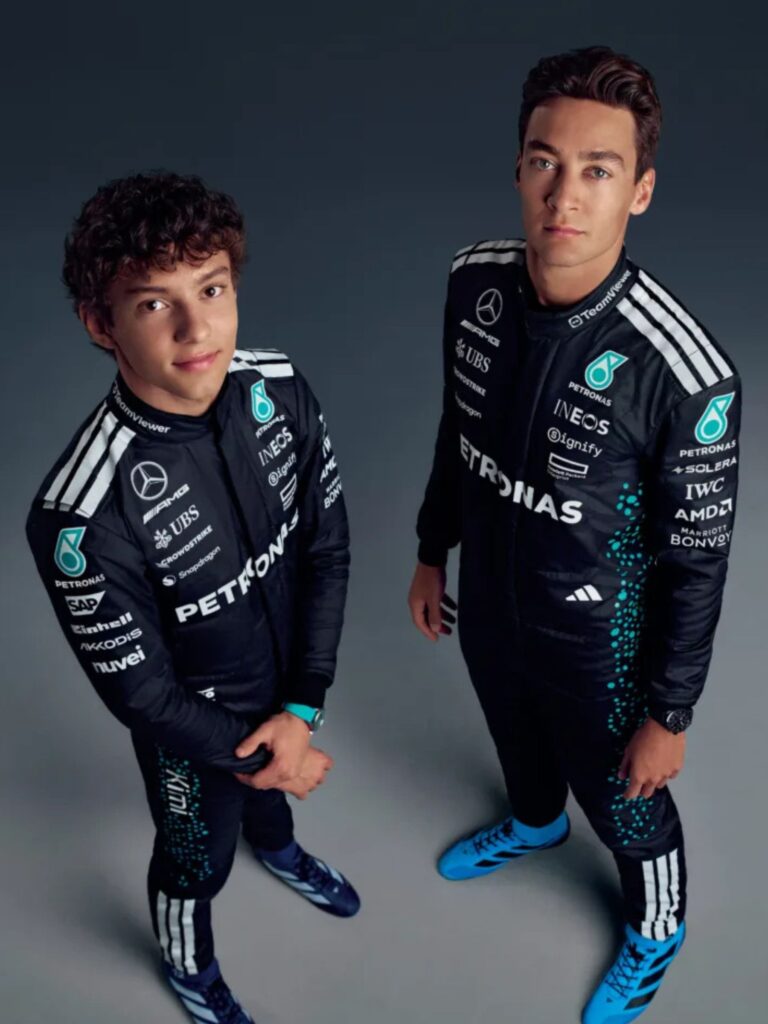
This story appears in the Winter 2025 issue of Esquire Australia, on sale now. Find out where to buy the issue here.









